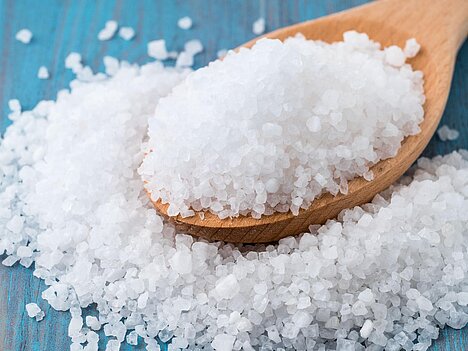Kerosene

What is kerosene?
Kerosene is a mixture of various hydrocarbons obtained from crude oil. It has a waxy consistency and is often used as a preservative or flavoring agent in food. Kerosene wax can also be found in candles, cosmetics and shoe polish.
How does kerosene affect dogs?
Kerosene wax is not toxic to dogs, but it is not healthy either. It can lead to digestive problems if your dog eats it in large quantities. It can also impair the absorption of important nutrients in the intestines. Kerosene wax can also cause allergic reactions or skin irritation if your dog comes into contact with it.
What are the benefits of kerosene?
Kerosene wax has several advantages for dog food manufacturers. It is cheap, durable and gives the food a smooth texture. It can also mask or enhance the flavor of inferior ingredients. Kerosene can also help protect the food from mold or bacteria.
What are the disadvantages of kerosene?
Kerosene wax has more disadvantages than advantages for your dog. It has no nutritional value and can degrade the quality of the food. It can also contribute to obesity or diabetes if your dog eats too much of it. Kerosene wax can also pollute the environment as it is difficult to break down.
How can you avoid kerosene?
If you want to avoid kerosene in your dog food, you should always read the label and look out for ingredients such as E905, E907 or E912. These are synonyms for kerosene. You can also look for organic or natural foods that don't contain artificial additives. Or you can make your own dog food by using fresh ingredients.
Kerosene is a common ingredient in dog food, but it has more disadvantages than advantages for your dog. It can lead to digestive problems, allergies or nutritional deficiencies. You should therefore avoid kerosene whenever possible and opt for high-quality food that is good for your dog.
If you notice any signs of hypersensitivity or poisoning in your dog, you should see your vet immediately. We are not a substitute for a vet, but we try to be as accurate as possible. Every dog reacts differently and we recommend you get a second opinion or consult your vet if in doubt.
Stay healthy and take good care of your four-legged friend!😊